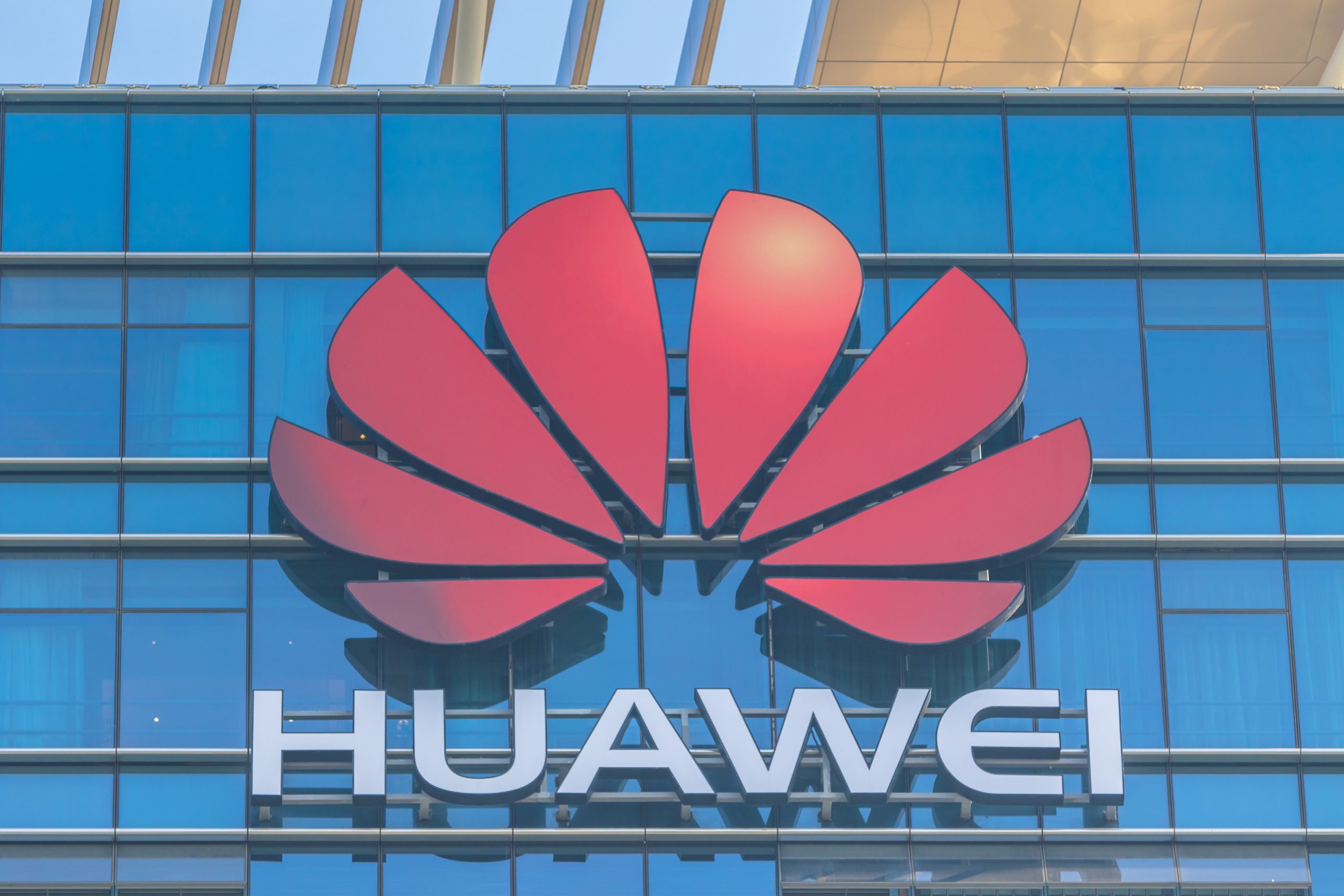The ChatGPT 4o image generator is now available to everyone for free. In a post on X on March 31, OpenAI CEO Sam Altman said the AI image generation tool has “now rolled out to all free users!”
There’s been a lot of buzz around the image generator recently as people have been using it to generate images in the style of Studio Ghibli animation. The rush to use the image generation tool in ChatGPT prompted Altman to say its servers “are melting” in a post on March 27.
Altman said at the time that image generation would be free, but that users would be limited to three images per day. Those who pay for ChatGPT for $20 a month for a standard subscription of $200 for a Pro subscription won’t have that limit.
I tested the tool to create the lead image for this post. The ChatGPT app struggled a bit with a lost connection, but eventually generated an image of a ChatGPT flying over New York in less than five minutes.
The AI arms race heats up
OpenAI’s move to widen the audience for ChatGPT further with its image generator marks the latest chapter in an increasingly heated competition among companies developing AI technology. In addition to plenty of startups in the US, China and other countries, there’s Apple, Anthropic, Microsoft and Google, which just introduced Gemini 2.5, its latest AI model, a week ago. ChatGPT is estimated to have about 500 million weekly users, but other AI models are gaining ground.
In addition to improving their ability to handle tasks and solve problems, AI models are increasingly being asked to create content such as images and video. ChatGPT also has a feature to create videos called Sora, but that’s still only available to paid accounts.
AI skeptics become users
Serena Huang, an AI consultant and author of The Inclusion Equation who holds a doctorate in economics, said she, too, was flooded with Ghibli images on her social media recently and has been thinking about the impact of widespread use of image generators like that of OpenAI.
“AI image generation is a powerful catalyst for enhanced productivity and innovation,” she told . “It can speed up the content creation process, enabling rapid development of marketing materials and potentially facilitating more engaging communications. Overall, the fun aspect of AI also helps with the adoption and can turn many AI skeptics into a user overnight.”
That said, Huang noted that people should be concerned about the copyright complexities of AI-generated content, the energy consumption required to perform AI tasks, and the effects that image generation could have on creative industries, including lost jobs.
Huang said she expects other companies offering rudimentary image creation, like Microsoft Copilot, to likely up their game. “I anticipate significant advancements as the competition for users intensifies,” she said.









